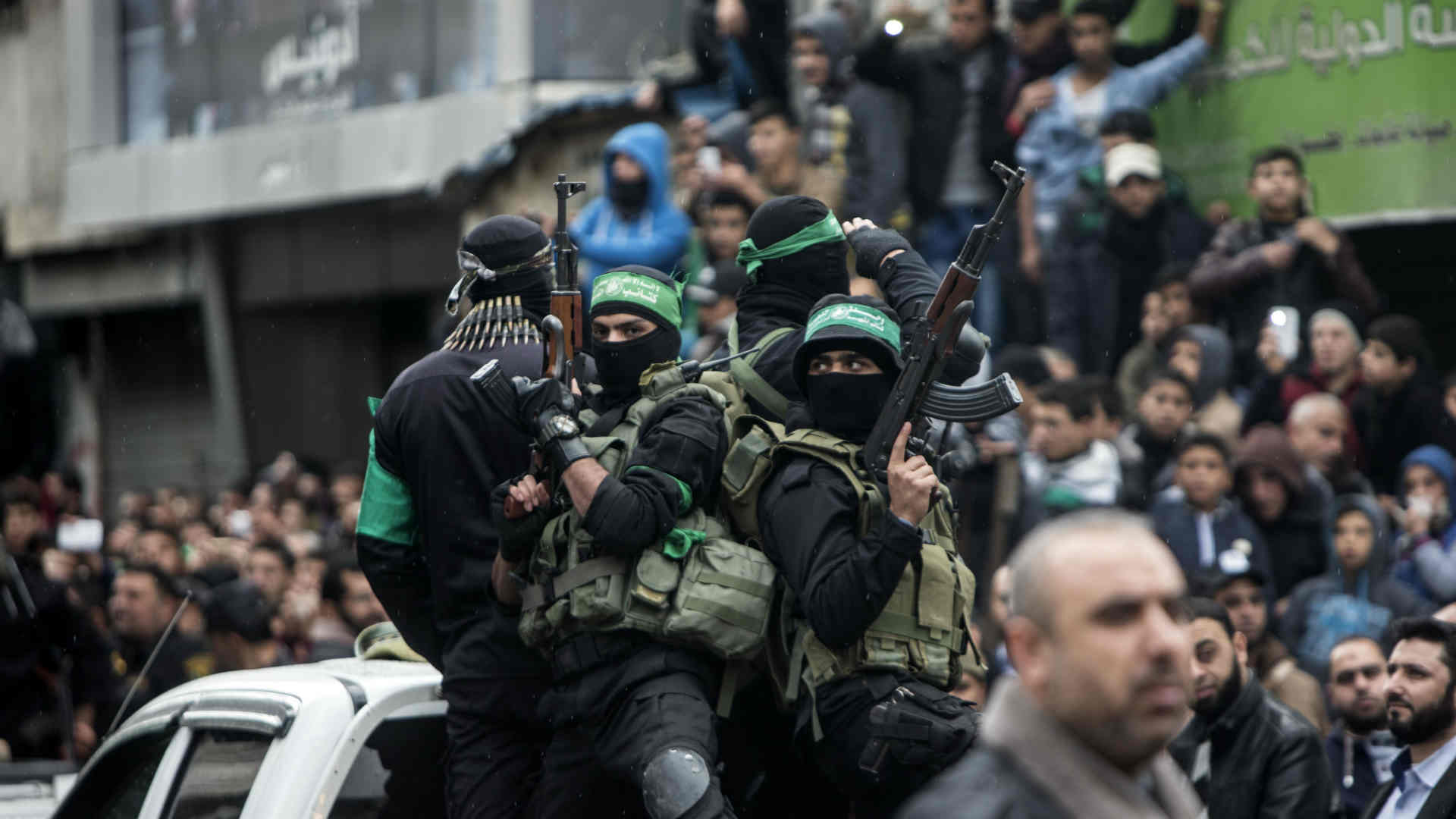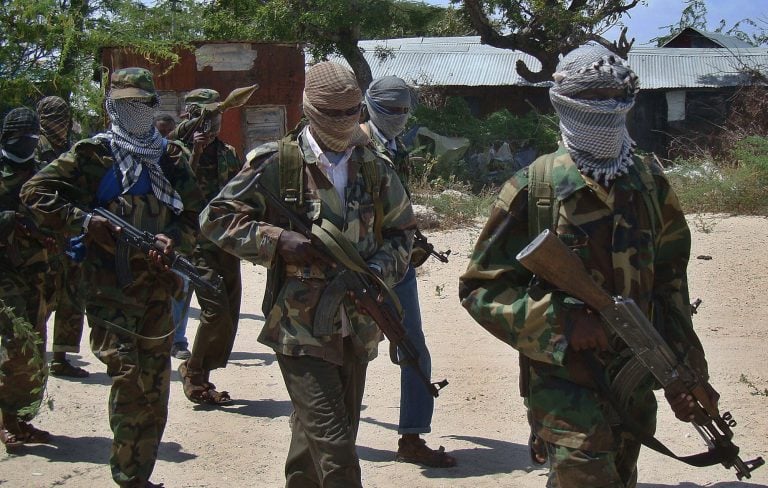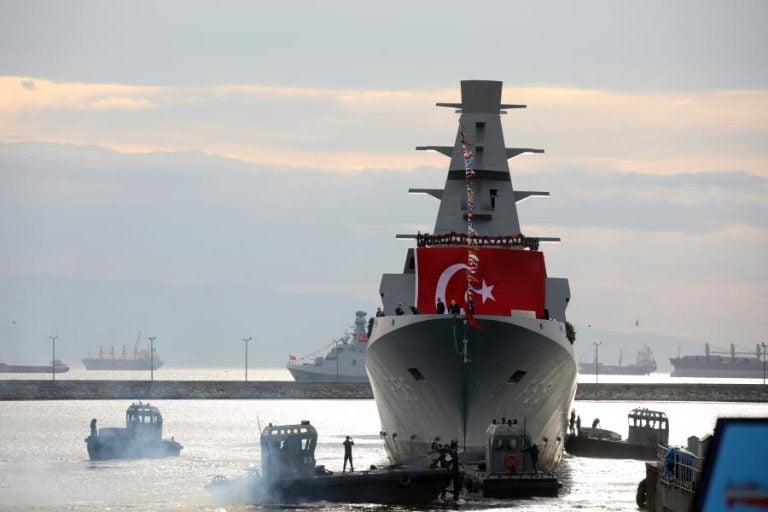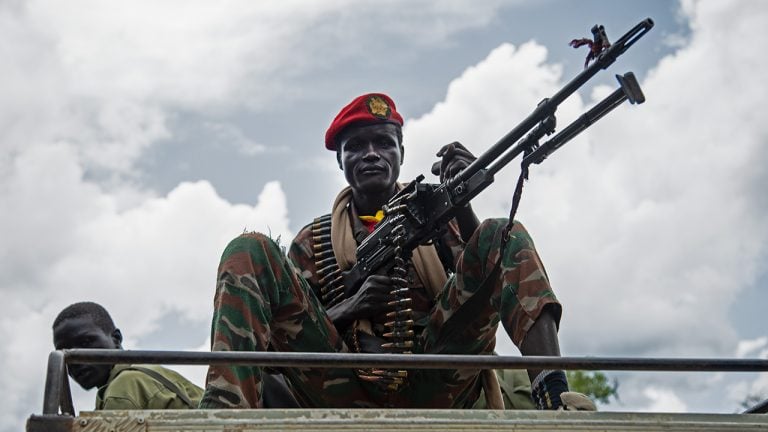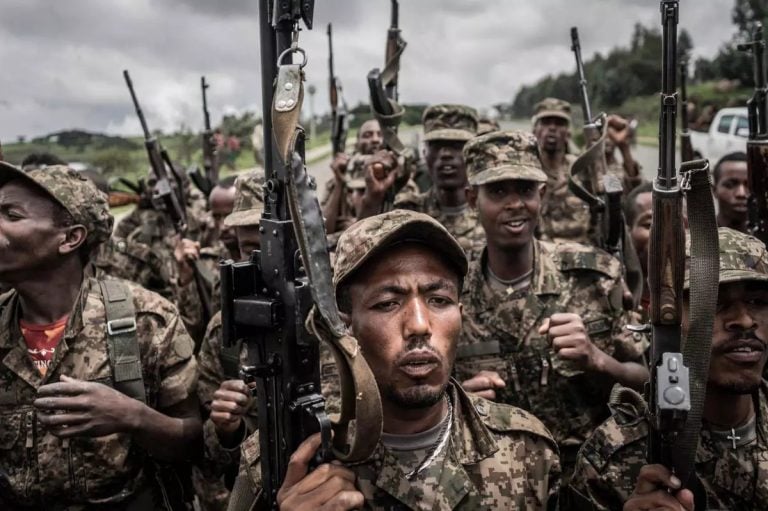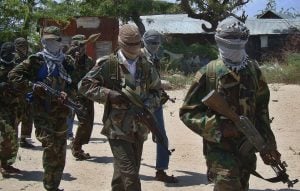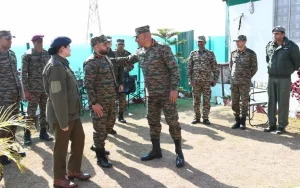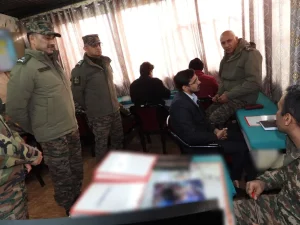Since the beginning of the ceasefire’s first phase on January 19, Hamas has released a total of 25 living Israeli hostages. These releases have taken place during highly publicized ceremonies in various locations across Gaza, where armed and masked fighters escorted the captives onto stages decorated with slogans. The released hostages have been seen speaking to crowds and waving, fostering a complex mix of emotions and reactions from observers both within Gaza and internationally.
On Saturday, Hamas carried out its seventh transfer, releasing six Israeli captives. However, this release was coupled with a controversial decision by Israel to postpone the reciprocation of Palestinian prisoners that was stipulated as part of the truce agreement. This delay has been labeled a “blatant violation” of the initial truce deal by Hamas, which is set to expire in early March. The situation has escalated tensions, as Israel was anticipated to release over 600 Palestinian prisoners in exchange.
The Israeli government responded firmly, with Prime Minister Netanyahu’s office stating that the delay is necessary due to what it termed “repeated violations” by Hamas. This includes the public ceremonies surrounding the release of hostages, which Israel argues undermine the dignity of the captives. In a statement, Netanyahu’s office emphasized that further releases of Palestinian prisoners would only occur once more Israeli hostages were assured of their release without these public displays.
The diplomatic landscape has also seen significant reactions, with U.S. Secretary of State Marco Rubio warning that Hamas would face severe repercussions if it failed to release all remaining hostages. This warning comes in the context of a long-standing Israeli commitment to dismantle Hamas following an attack on October 7, 2023, that resulted in significant loss of life.
Families of Palestinian prisoners have been left in a state of uncertainty, keenly awaiting news of potential releases. An example of the emotional strain can be seen in Khan Yunis, where 80-year-old Umm Diya al-Agha expressed her anguish and hope upon hearing that her son, after 33 years in prison, might be among those scheduled for release.
The Palestinian Prisoners’ Club had anticipated that Israel would free 620 inmates, primarily Gazans detained during the ongoing conflict, but the situation took an unexpected turn with Netanyahu’s announcement. Hamas spokesperson Abdel Latif al-Qanou condemned Israel’s failure to comply with the set timelines for release, urging mediators to push Israel to adhere to the truce’s conditions.
The latest transfer of hostages marked the conclusion of the last group of living hostages due to be released under the first phase of the truce. Meanwhile, negotiations for a subsequent phase meant to create a more permanent cessation of hostilities have yet to commence. The six released Israelis were given a poignant send-off at a ceremony in Nuseirat, where they appeared alongside masked militants before being transferred to the Red Cross. Emotional scenes unfolded as friends and family reflected on the bravery of the hostages, echoing sentiments of relief mixed with ongoing concern for those still held.
Additionally, the handling of deceased hostages has sparked controversy. The initial transfer of dead hostages drew ire from Israeli officials after it became evident that the remains of Shiri Bibas, a symbol of the hostage crisis, were not included. This led to international condemnation of the public display of coffins, adorned with imagery and slogans. After a clarification from Hamas regarding a possible “mix-up of bodies,” additional remains were handed over, confirmed to belong to Bibas.
Currently, 62 hostages are still unaccounted for in Gaza, with conflicting reports indicating that as many as 35 may already be deceased. The ongoing conflict has claimed at least 1,215 Israeli lives, predominantly civilians, while Israeli military actions in Gaza have resulted in a staggering death toll of over 48,000, as reported by sources within the Hamas-run territory.
